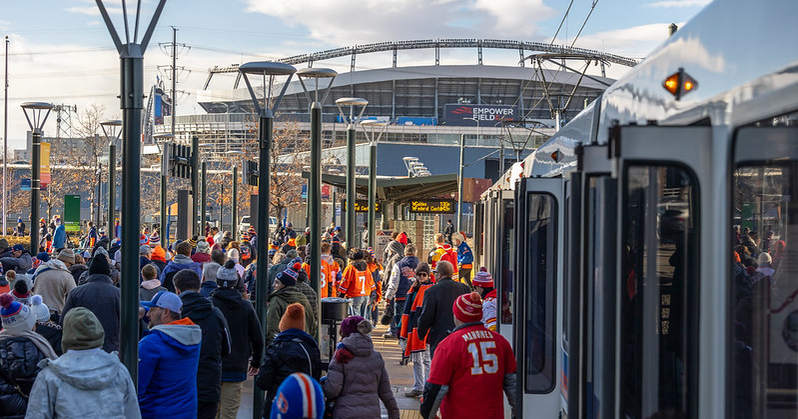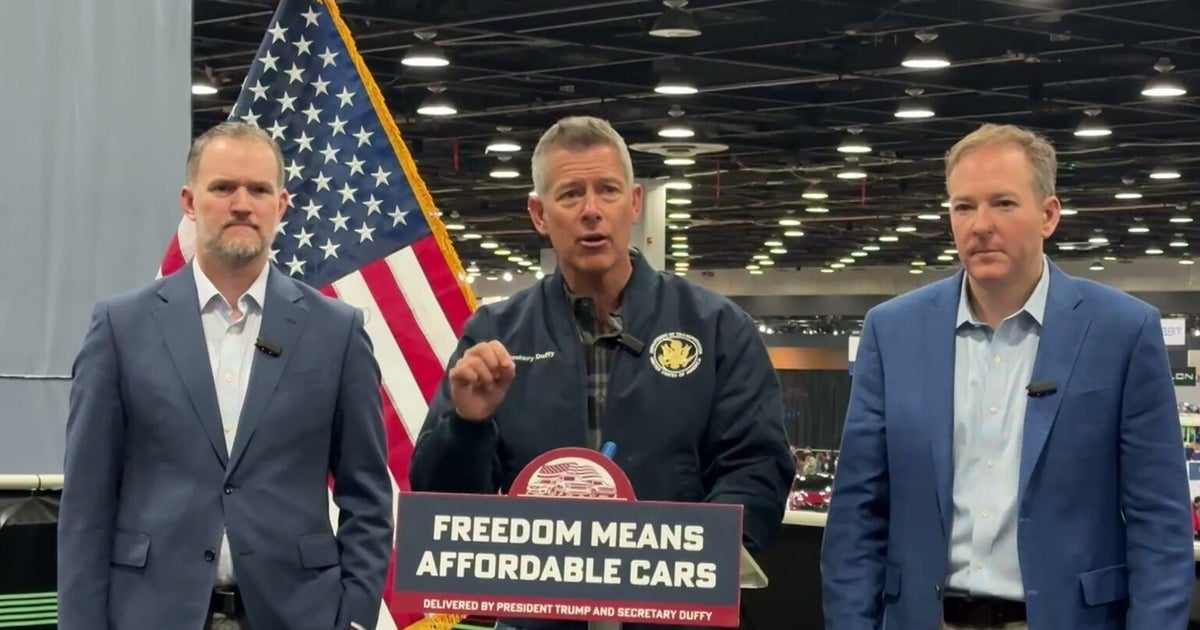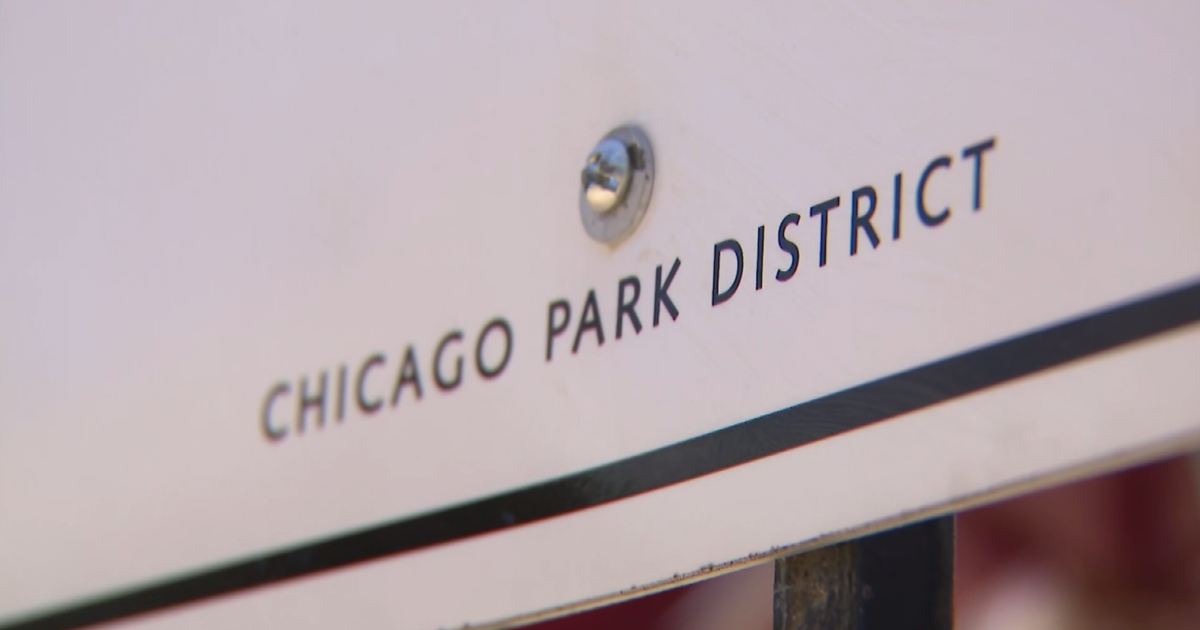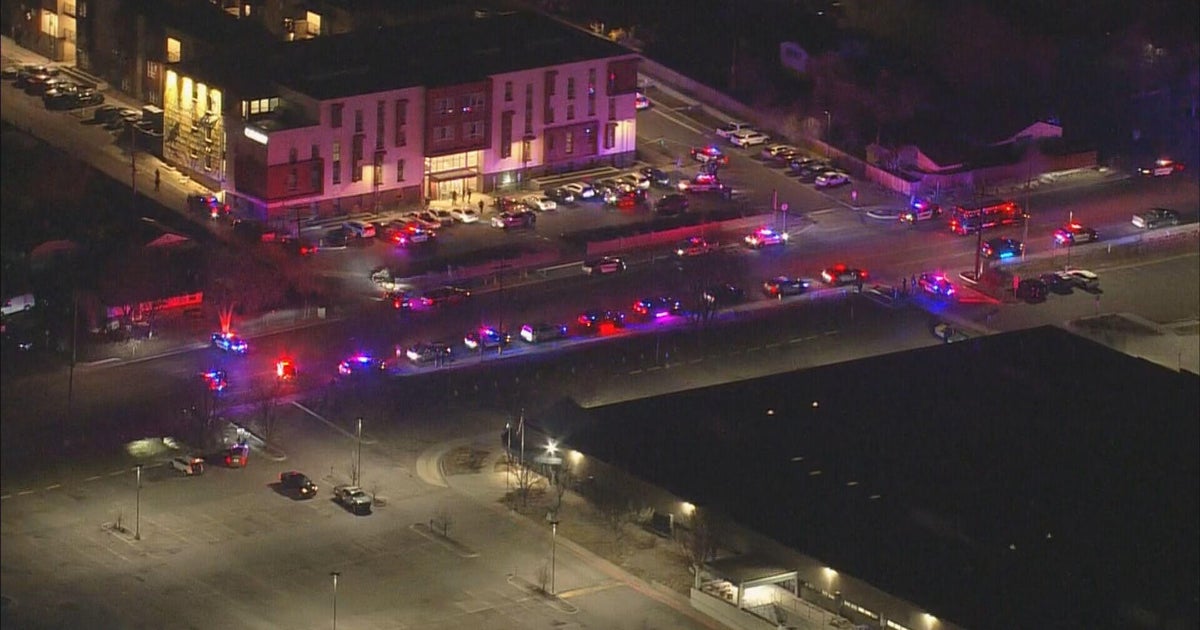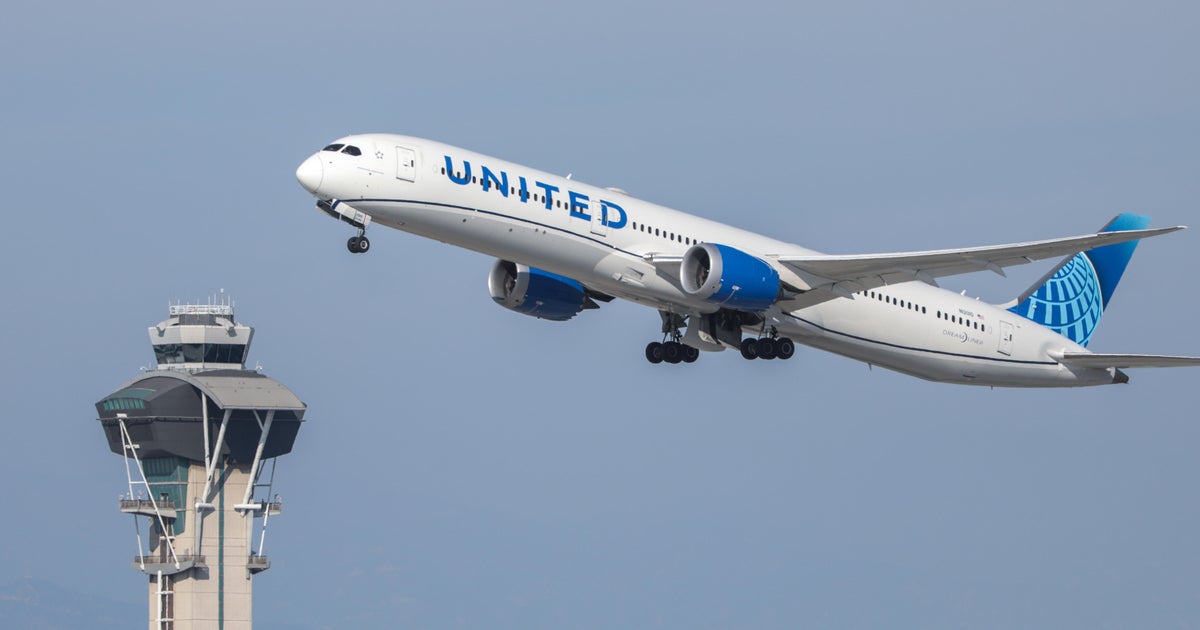New law change could pave way for more affordable housing on RTD property
On Tuesday, a long-discussed effort in Denver to convert an underutilized portion of the Central Park Station parking lot into affordable housing is advancing.
The RTD Board approved entering exclusive negotiations with Ulysses Development Group to create a complex that offers up to 900 affordable units at a park-n-ride lot on the west side of the station area.
This initiative is part of RTD's broader strategy to increase transit-oriented housing developments near rail and bus stations.
"What we're seeing is a change in parking utilization and ridership, and also we're seeing an affordable housing crisis in the region," said Chessy Brady, the Transit Oriented Development (TOD) manager for RTD.
The affordable units would primarily serve working-class individuals and families. Connor Larr, managing partner at Ulysses, noted the site's strategic location on the A-Line as a key focus area. Despite being a long-term project, securing funding for affordable housing units can be challenging.
"We're keeping rents significantly below market for a very long time," Larr told CBS News Colorado. "And so those gaps do have to come from somewhere."
Various state and federal sources contribute to funding gaps, with RTD now also able to provide assistance. Until two months ago, a Colorado state statute mandated that RTD sell any of its parcels at market value, hindering efforts to attract developers for low-income and affordable housing.
"It makes projects more feasible because it allows us to not have our hands out for as much money as we otherwise would," Larr explained.
Cheaper land costs for RTD mean more potential developers for affordable housing, requiring less funding to bridge financial gaps and increasing the likelihood of project approval and completion.
As Colorado and the Denver metro area rush to build housing to meet demand, maximizing the appeal of underutilized parking lots to developers remains a key goal for the agency.
"We were held back by the statutory requirement," said Brady. "Now we can discount land to encourage affordable housing if we decide to move in that direction."
Previously, RTD had to base land sales on appraised values. Now, the agency can determine if the land's value aligns with attracting affordable housing developers.
However, Brady cautioned that this approach isn't a financial panacea for RTD and won't lead to substantial profits akin to cities like Hong Kong or San Francisco.
"There are certainly sites with significant land value that could generate considerable revenue, but it's nowhere near on the scale of Hong Kong or even San Francisco," Brady said.
Instead, Brady and Larr emphasized that this initiative opens doors for more affordable housing, fosters transit-oriented development, and enhances opportunities for urban growth around transit stations, departing from RTD's previous focus on large lots primarily facilitating suburban work commutes into downtown Denver.
"This fulfills the vision of transit-focused, dense, urban development that many policymakers in this state are advocating," said Larr.
RTD informed CBS Colorado that they will explore other underused lots in the metro area as the new law comes into effect.
